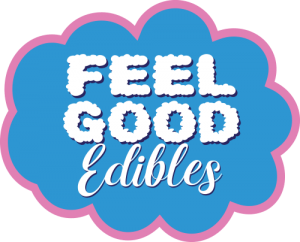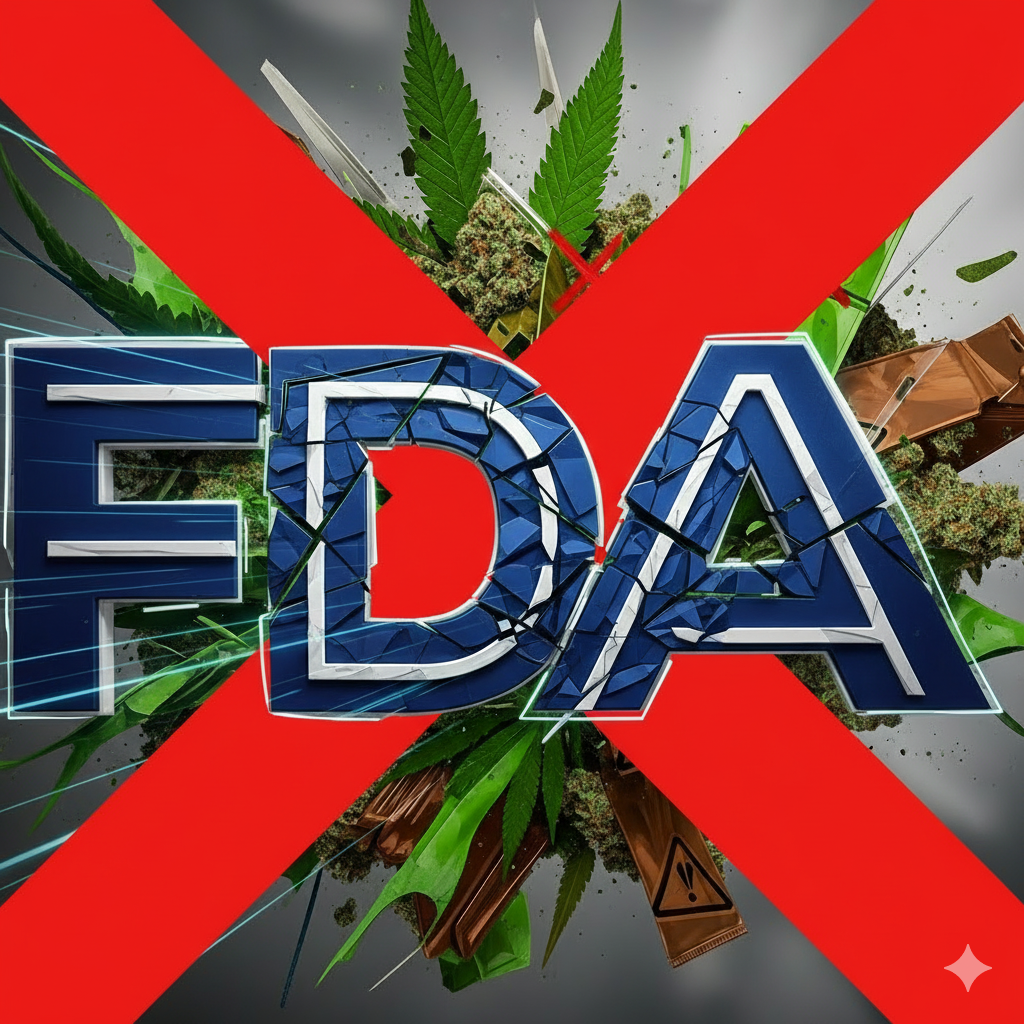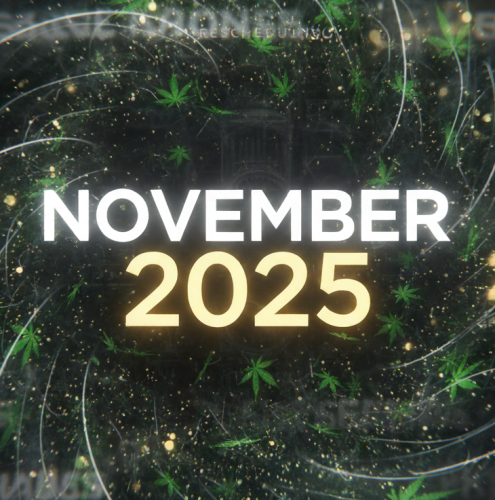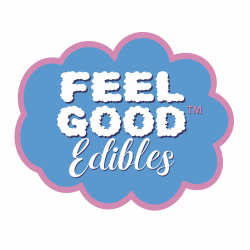The U.S. Food and Drug Administration (FDA) is intensifying its efforts to protect public health, issuing a new round of warning letters to companies that are illegally marketing unapproved cannabis and cannabinoid-derived products. This crackdown highlights the agency’s steadfast commitment to consumer safety in a rapidly evolving market, targeting firms that make unfounded health claims and sell products that have not been evaluated for safety or efficacy.
Issue 1: Unsubstantiated Therapeutic Claims
A core focus of the FDA’s recent enforcement actions is the illegal marketing of cannabinoid products as unapproved new drugs. Warning letters have been sent to companies promoting products containing cannabinoids like CBD and delta-8 THC with therapeutic claims, suggesting they can treat, cure, or mitigate a wide array of medical conditions. The FDA is clear in its position: without going through the rigorous and data-driven new drug application process, these products are not approved for medical use. The agency notes that currently, the only FDA-approved drug derived from cannabis is Epidiolex, prescribed to assist in treating “seizures associated with Lennox-Gastaut syndrome, Dravet syndrome, or tuberous sclerosis complex.” This latest action signals a firm line against companies exploiting consumer interest in health and wellness with unproven treatments.
Issue 2: Copycat Edibles and Unsafe Food Products
Beyond therapeutic claims, the FDA has also targeted companies for illegally adding cannabinoids to food and animal products. This is particularly concerning when products are designed to mimic popular snacks and candies, a practice that poses a significant risk of accidental ingestion, especially by children. The FDA, in collaboration with the Federal Trade Commission, has taken joint action against these “copycat” edibles, citing the potential for serious adverse events such as hallucinations, vomiting, and loss of consciousness. The agency has stated that it is not aware of any basis to conclude that CBD or delta-8 THC are “generally recognized as safe” (GRAS) for use in food, making these products adulterated and illegal for interstate commerce.
♦ Interested in trying high-quality CBD edibles for yourself? Check out the FGE shop ♦
The FDA’s enforcement extends to products marketed for pets and other animals. Warning letters have been issued to firms selling unapproved cannabinoid products for animals, citing concerns for animal safety and the potential for unsafe residues to enter the human food supply, particularly from food-producing animals. The lack of scientific data on the effects of these cannabinoids on animals and the potential for contamination of meat, milk, and eggs is a major regulatory concern that the FDA continues to address.
A Clear Message to the Industry
The FDA’s ongoing monitoring and enforcement activities serve as a strong message to all players in the cannabis and cannabinoid industry. The agency’s authority to regulate these products under the Federal Food, Drug, and Cosmetic Act remains intact, regardless of a product’s “hemp” status under the 2018 Farm Bill. The FDA’s actions underscore that while the market is growing, firms must operate within established federal regulatory frameworks to ensure product safety, truthful marketing, and consumer protection.






